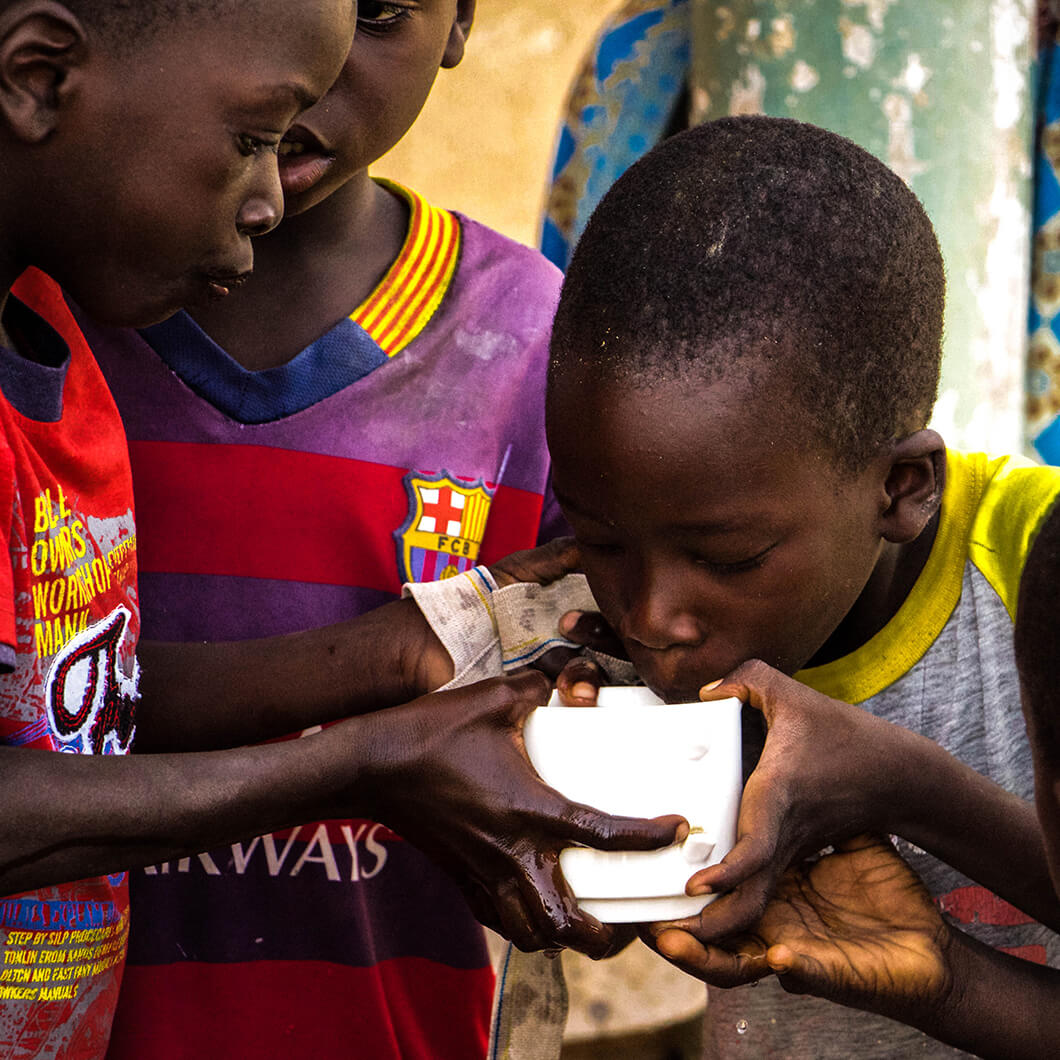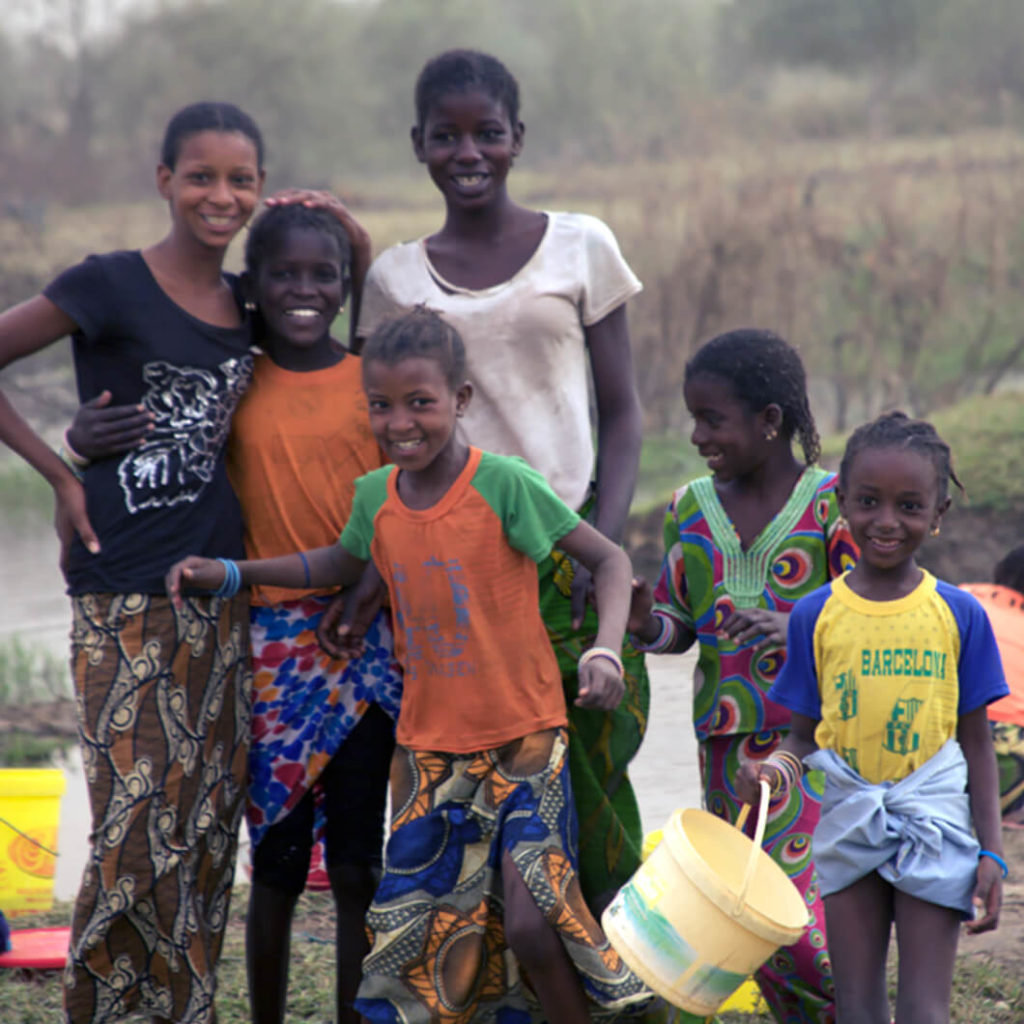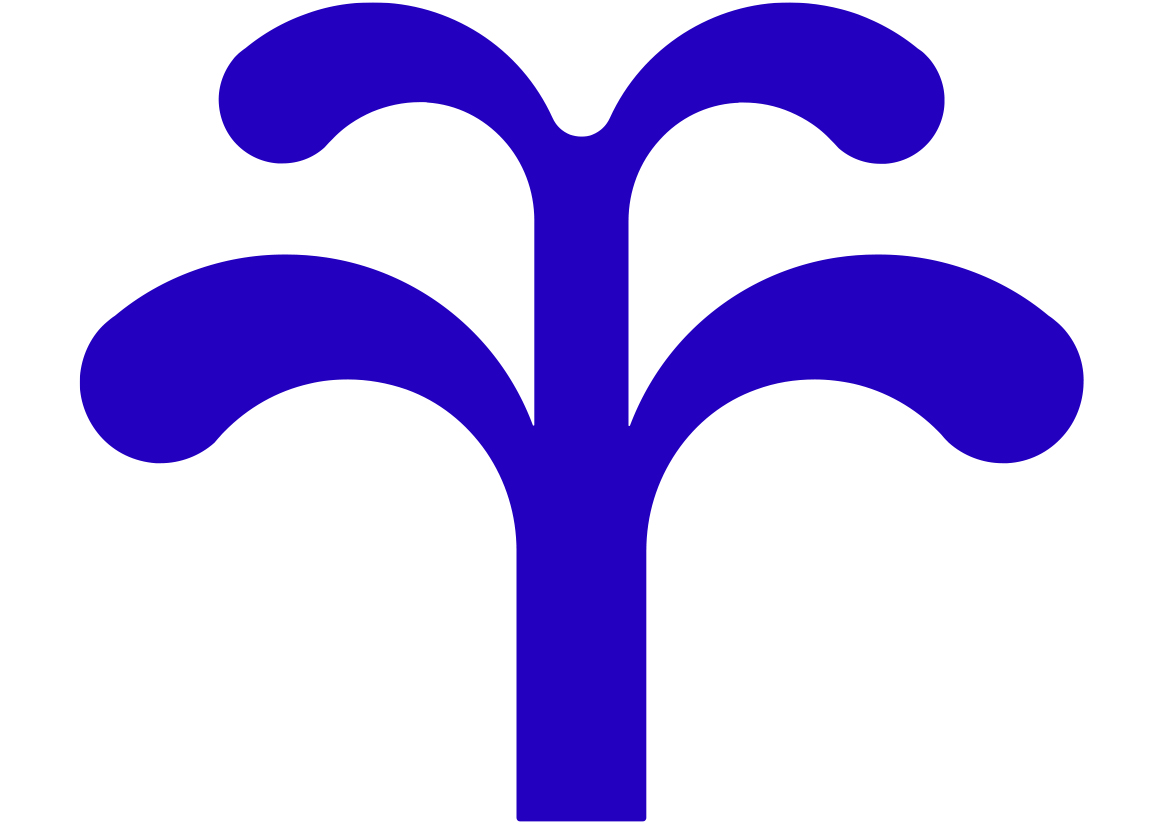
Access To Water (A2W) is a foundation under Swiss law, recognised as a public utility, active in projects for access to drinking water, health, education and job creation (primarily for women and young people) in regions suffering from water stress.
These projects aim to bring about a significant improvement in:
→ The basic health of the population, through the reduction of diseases caused by brackish, polluted or infected water.
→ The local economy, by reducing absenteeism from work due to illnesses related to drinking unsafe water and by creating jobs in the projects.
→ The quality of local life, thereby reducing the rural exodus.
→ The ecological footprint of water consumption, by eliminating disposable plastic bottles and reducing transport by producing drinking water at the consumption sites.

Since 2012, A2W projects have distributed more than 150 million litres of drinking water in rural areas of Senegal, where water is scarce, fluoridated, polluted and often salty.
Our Projects
Today, A2W is working on two separate projects :
Access to Free Potable Water in Schools and Health Posts in Senegal.
Since 2019, A2W has been working on a program to provide free potable water to schools, health posts, and women’s groups.
At the end of 2021, a project was implemented with the capacity to distribute 2 liters of free water daily to more than 83,000 people. This project was made possible notably through the support of the Swiss bank Lombard Odier, as well as local, regional, and national authorities in Senegal.
In 2023, a new multi-year project to provide free access to potable water in schools was launched. By the end of 2024, more than 50 sites are equipped or in the process of installation. This project is supported by the Fondation du Denantou and a family foundation that wishes to remain anonymous.
Research and Innovation.
A2W is working on the development of innovative, low-cost and eco-responsible technical solutions to provide access to drinking water for small communities. This research, supported by the Valery Foundation and several private partners, is carried out in collaboration with the ‘Centre Essential Tech de l’École Polytechnique Fédérale de Lausanne (EPFL)’ and the ‘Haute École de l’Arc Jurassien (HE-ARC)’.

Along the Senegal River a group of young girls fetch water from the marigot.
Our Solution
2022: A Robust Technical Solution
The technical solution developed in 2022 can treat raw, dirty, polluted, or brackish water containing up to 4 grams of salt per liter.
Depending on conditions, it produces up to 1,500 liters of osmotized drinking water and up to 3,000 liters of household water daily. Household water is ideal for tasks such as dishwashing, laundry, showering, and handwashing.
2024: A new machine model completed its testing phase. This innovative model is self-cleaning, equipped with a Pay-As-You-Go system, and will be available starting in 2025.
Drinking water (ultra-filtration and reverse osmosis)
Household water (ultra filtration)
In the east of the Fatick region, water is present in this well at a depth of about 30 m
High quality collaboration
For several years, A2W has been working closely with the NGO Access To Water Senegal, headed by Badara Diom, mayor of the commune of Djirnda, in the Sine Saloum islands.
Thank you to our partners for ongoing projects :
Thank you to our partners who, since 2012, have made our projects possible :
We would also like to thank the following donors who support our mission. In particular:
Rotary Club Genève-Lac, RC Genève, RC Genève Palais Wilson, RC Genève Sud, RC Portes de Lavaux, RC Yverdon-les-Bains, RC Dakar-Soleil, the Rotary Foundation, RC Lausanne, RC Muellheim Badenweiler, Ordre de Saint-Jean (Vaud and Switzerland), Lions-Jorat, Soroptimist Lausanne and Switzerland, the Denantou Foundation and many private donors.
